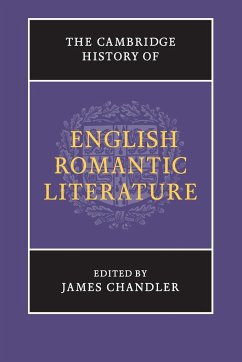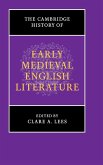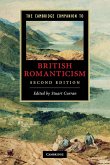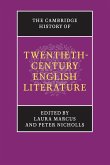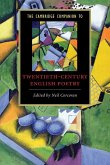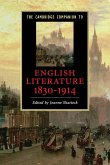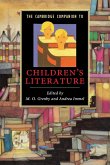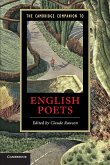The Romantic period was one of the most creative, intense and turbulent periods of English literature, an age marked by revolution, reaction and reform in politics, and by the invention of imaginative literature in its distinctively modern form. This History presents an engaging account of six decades of literary production around the turn of the nineteenth century. Reflecting the most up-to-date research, the essays are designed both to provide a narrative of Romantic literature and to offer new and stimulating readings of the key texts. One group of essays addresses the various locations of literary activity - both in England and, as writers developed their interests in travel and foreign cultures, across the world. A second set of essays traces how texts responded to great historical and social change. With a comprehensive bibliography, timeline and index, this volume is an important resource for research and teaching in the field.
'Fifty years ago, literary studies was awash in big theories of Romanticism, created by the likes of M. H. Abrams, Geoffrey Hartman, and Harold Bloom; two decades later, Marilyn Butler argued that the very label 'Romantic' was 'historically unsound'. This collection suggests that no consensus has yet emerged: instead, the best of the essays suggest continuities with periods before and after. Rather than big theories, the contributors present kaleidoscopic snapshots of individual genres (the novel, the 'new poetry', drama, the ballad, children's literature); larger intellectual currents (John Brewer writes exceptionally well on 'sentiment and sensibility'); currently fashionable topics (imperialism, publishing history, disciplinarity); and - most interesting - the varying cultures of discrete localities (London, Ireland, Scotland). The result is an excellent book useful ... for its summaries of early twenty-first-century thinking about British literary culture from the 1770s to the 1830s.' Choice

